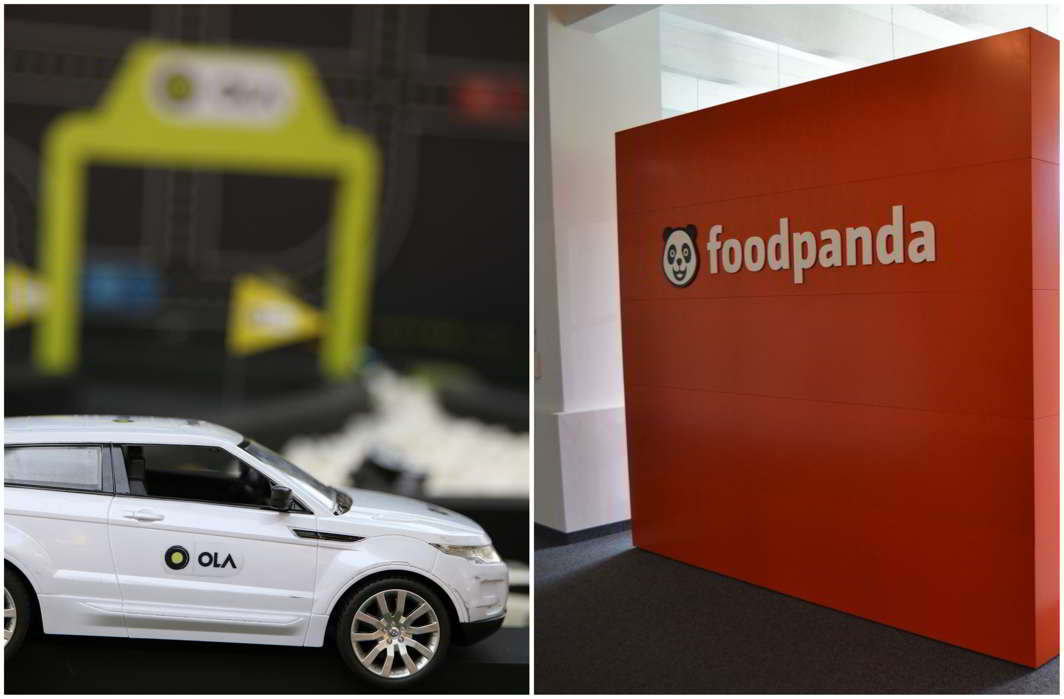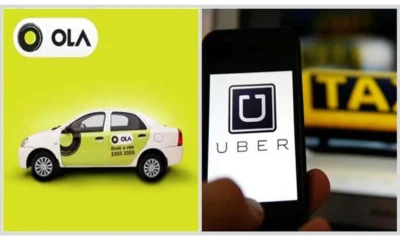Latest business news
Ola to acquire Foodpanda India; commits investment of $200 million

India News
Union Budget 2026 highlights: Nirmala Sitharaman Raises Capex to Rs 12.2 Lakh Cr, West Bengal Gets Major Allocation
Finance Minister Nirmala Sitharaman is presenting the Union Budget 2026 in Parliament today. Follow this space for live updates, key announcements, and policy insights.
India News
Union budget 2026 to be presented on Sunday with special trading session
The Union Budget 2026 will be presented on a Sunday for the first time in over two decades, with NSE and BSE announcing special trading sessions for the day.
India News
Modi says right time to invest in Indian shipping sector; meets global CEOs
-

 Latest world news21 hours ago
Latest world news21 hours agoPM Modi reaffirms support for Israel, recalls 26/11 victims in Knesset address
-

 India News20 hours ago
India News20 hours agoPM Modi crosses 100 million followers on Instagram, first world leader to achieve milestone
-

 Latest world news20 hours ago
Latest world news20 hours agoPM Modi and Netanyahu pledge deeper defence, trade ties during Israel visit
-

 Latest world news21 hours ago
Latest world news21 hours agoCanada softens stance on alleged Indian interference ahead of PM Carney’s India visit
-

 India News20 hours ago
India News20 hours agoOver 5,000 tribals join BJP in Assam’s Goalpara ahead of elections














